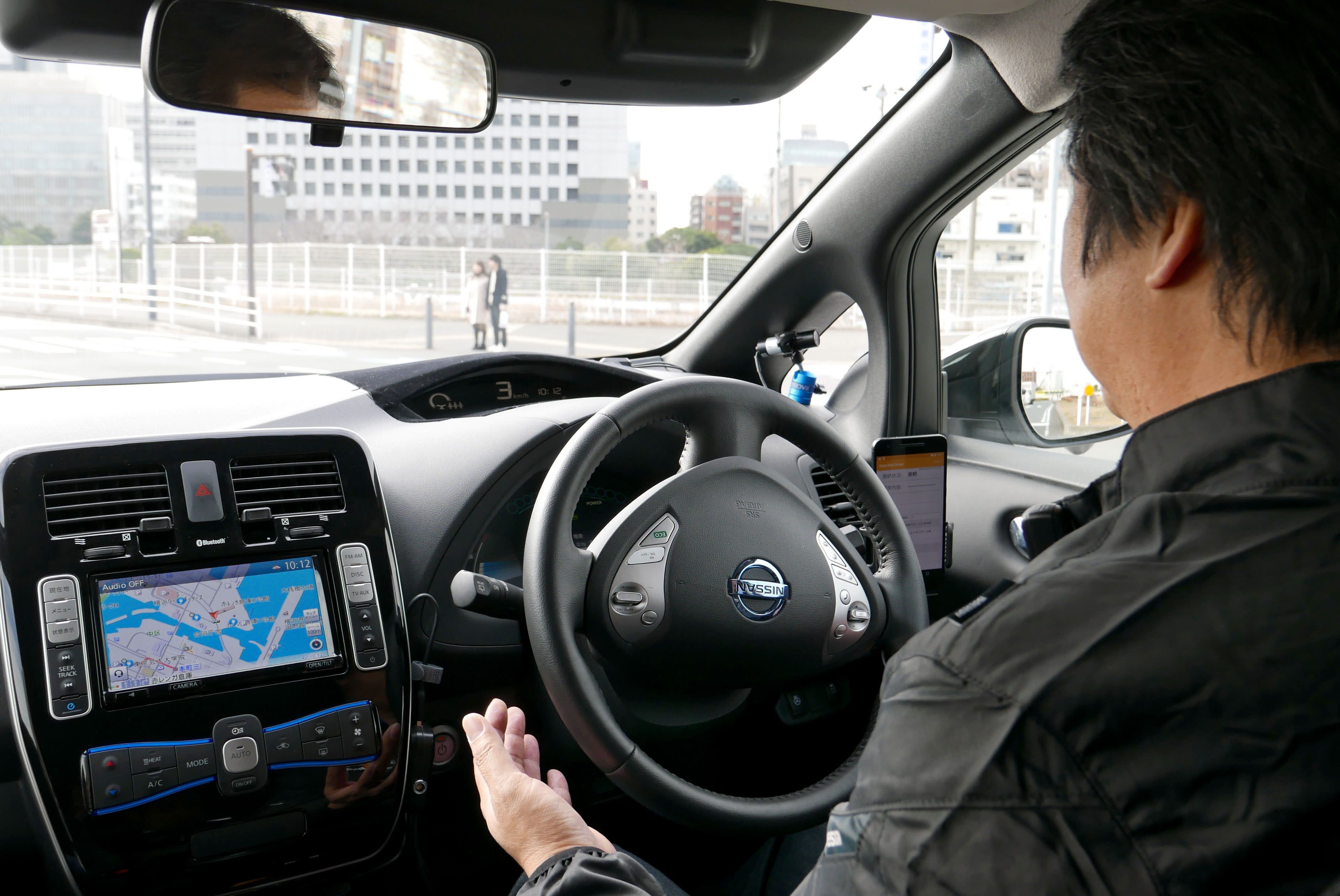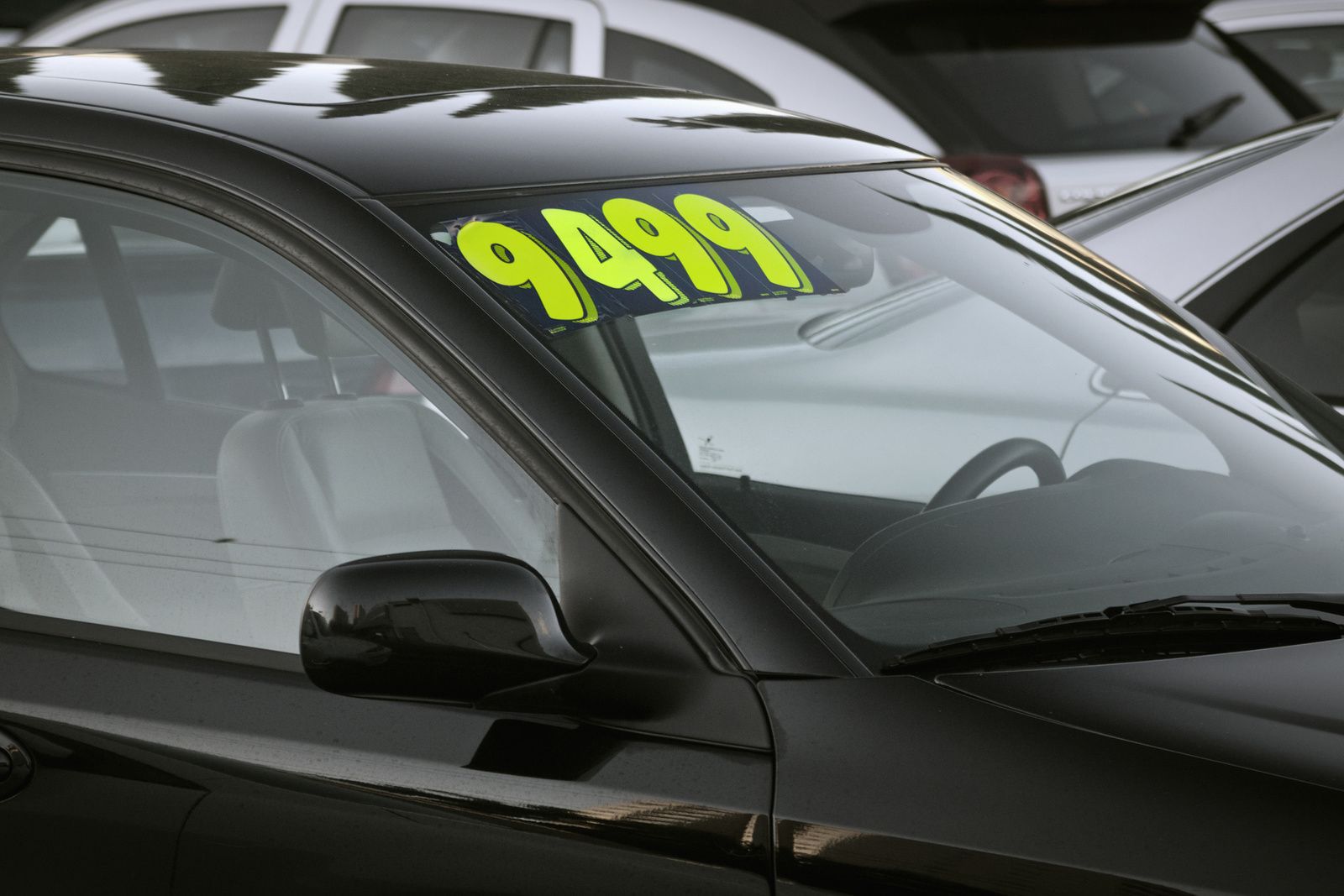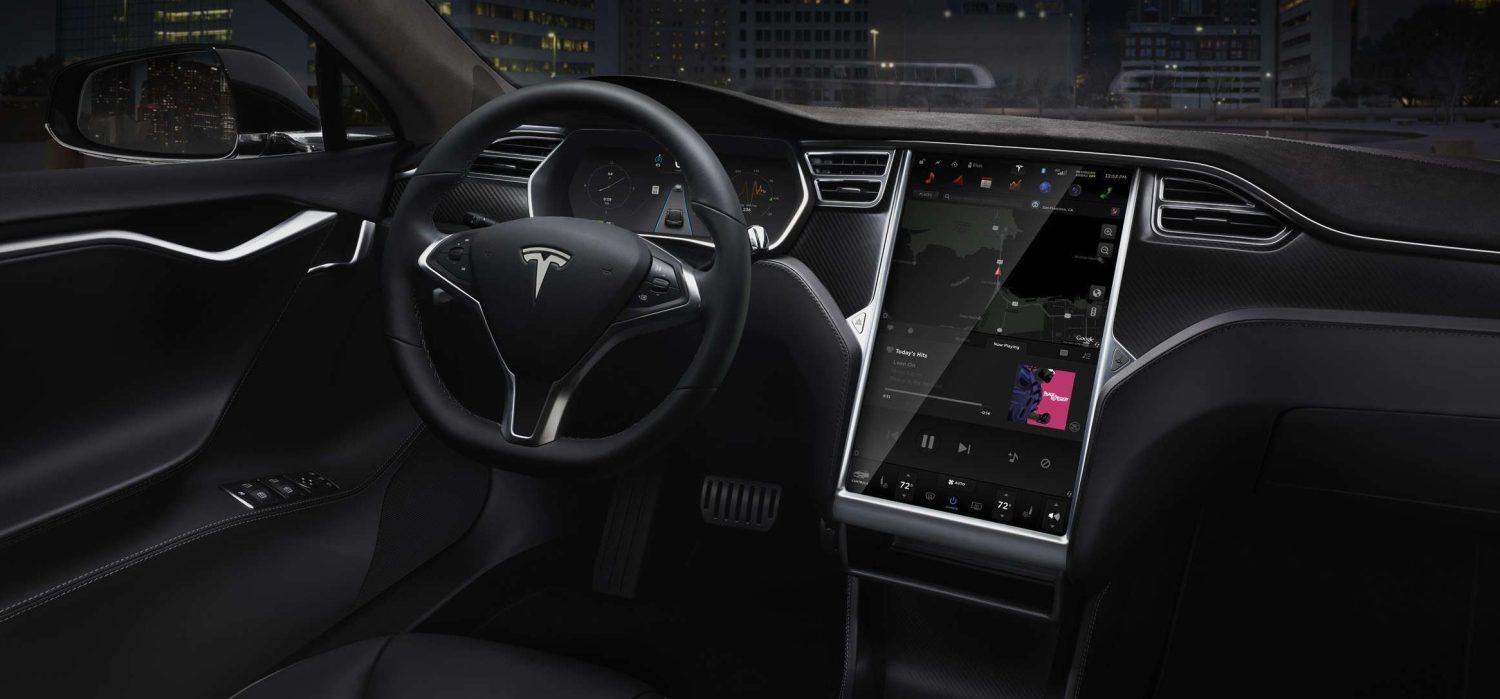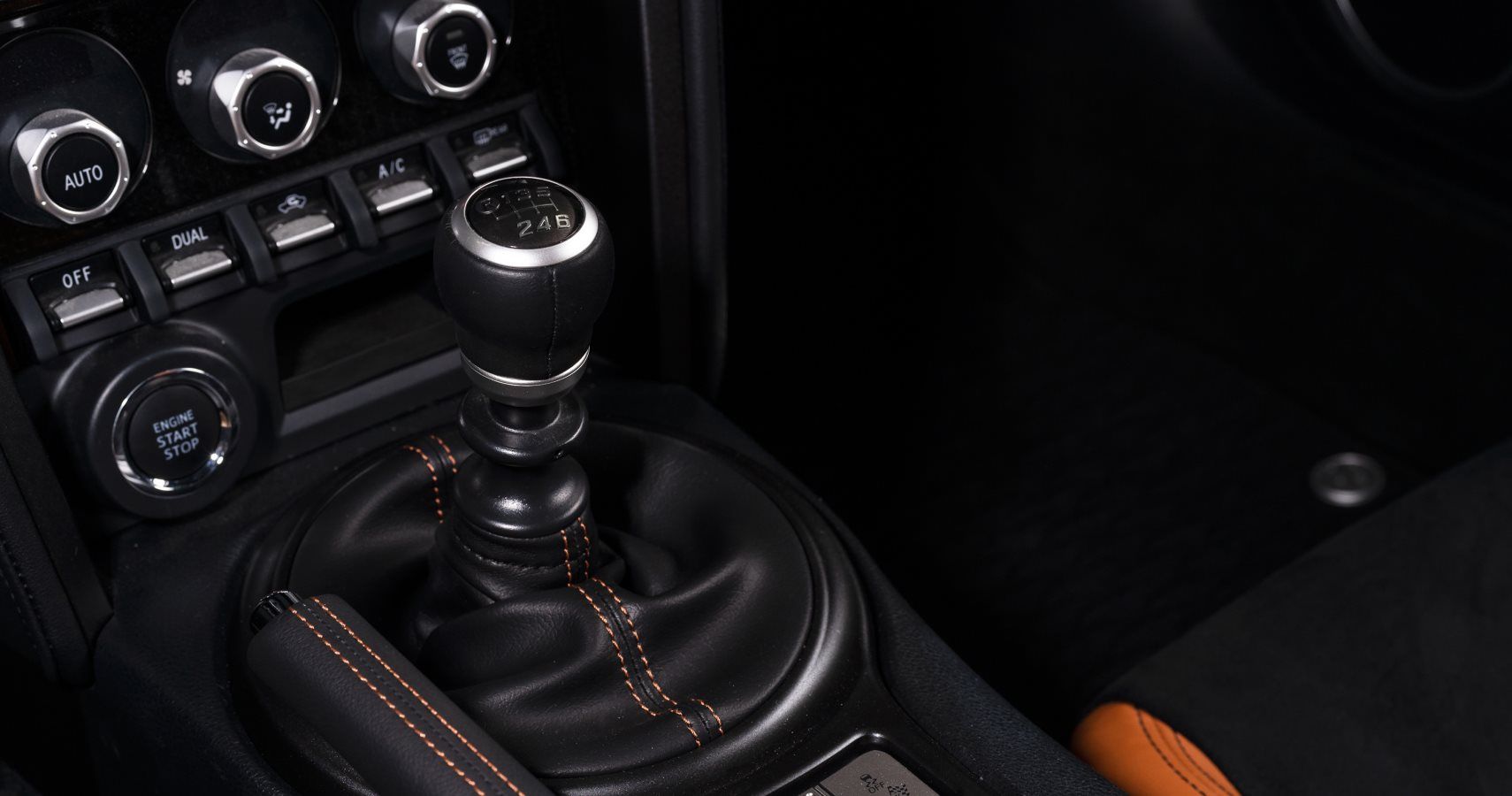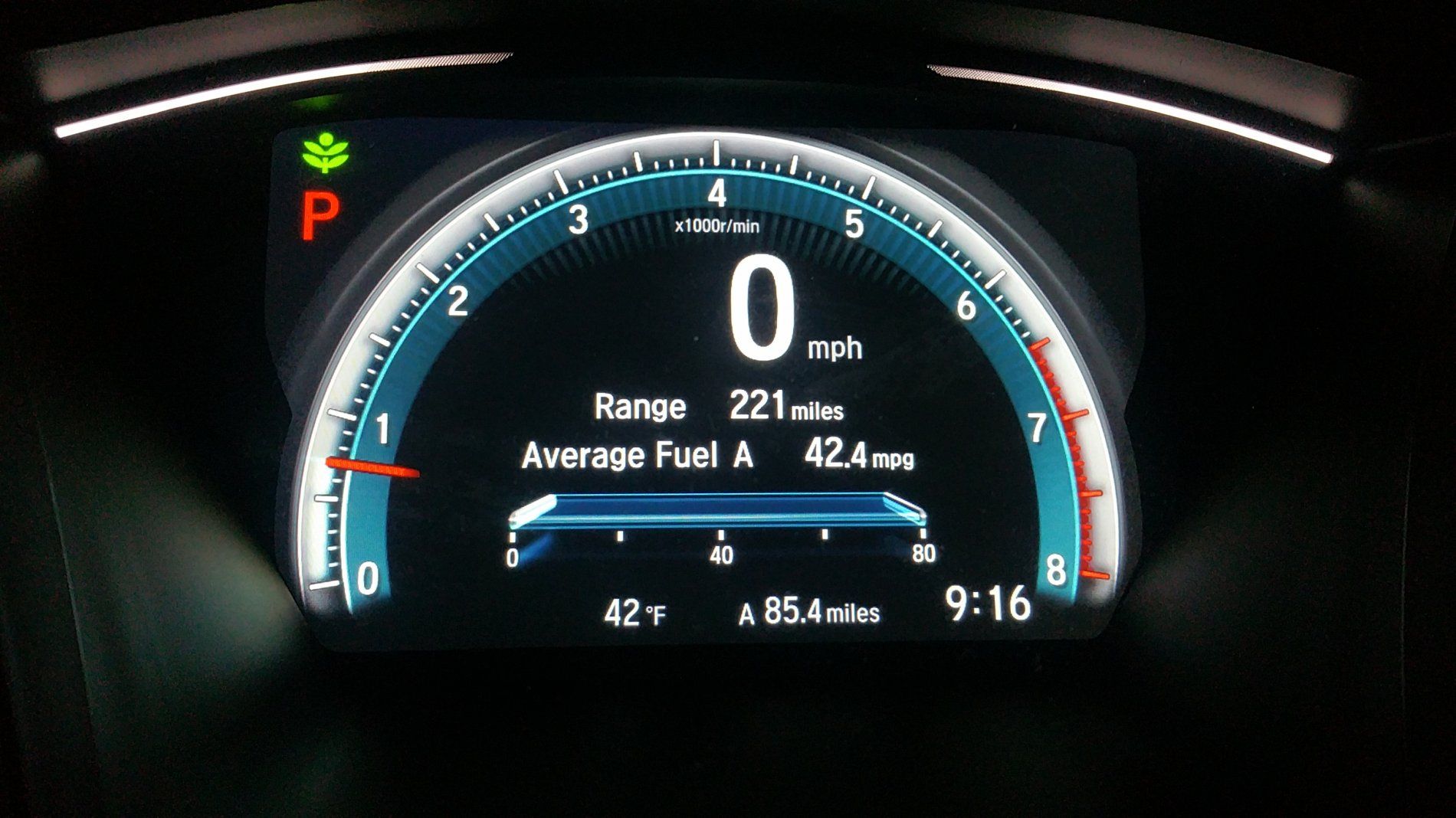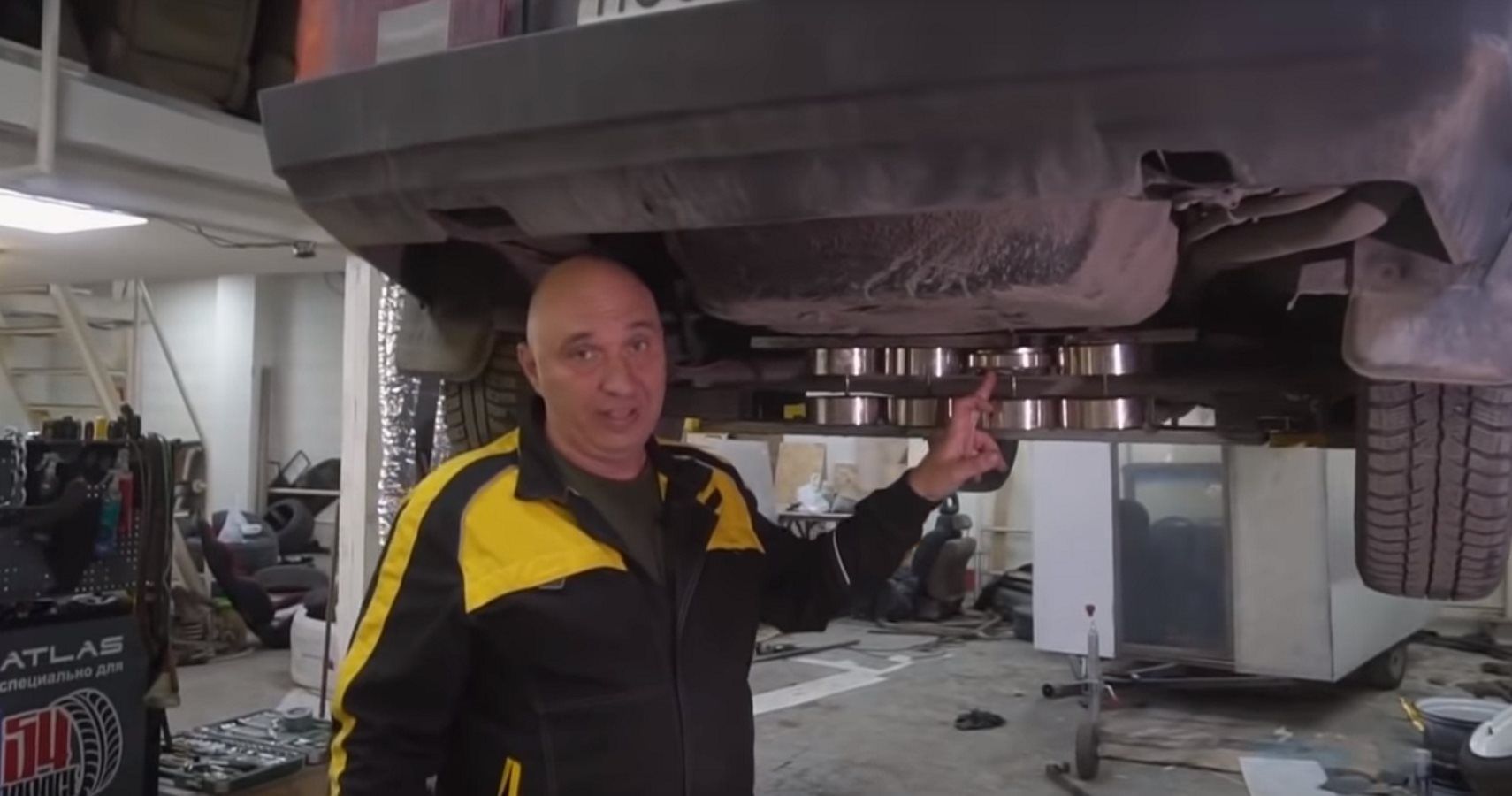Buying a first car is a very exciting, but somewhat nerve-wracking, experience. It may not even hit a person right up until they're about to buy the car (or have already purchased it) that they may not have been asking all the right questions when picking it out.
Hopefully, after reading this article on questions to ask, any prospective car-buyer will walk away feeling confident to take that leap, knowing that they've made the choice that's right for them.
10 WHICH CAR IS BEST SUITED FOR ME?
Whether it's driving to and from school/work or doing long-distance trips, each car is better suited for particular situations. By asking this question, you will be able to narrow down the list to a specific model of car, depending on whether you'll be driving mostly alone or pooling multiple people often.
A truck might be a better fit for hauling things or having to deal with off-road conditions, for instance. Even the climate you live in is important to consider, as some vehicles will come with a specific package to alleviate the issues that come with your particular area.
9 WHAT CAN I GET FOR THIS PRICE?
Whether you're in the market for a brand new car or a used car, be prepared to stay within your own set range. To help further save money, you can do research online to see how much any specific car that you're interested in is worth.
This way, you can stay within a price range that suits your circumstances, and not end up spending any unnecessary money. This will also show the potential seller that you have done your research and that trying to pull a fast one will not work in this case.
8 HOW MUCH IS INSURANCE ON THIS CAR?
A lot of people aren't aware (or don't realize ahead of time) of the premium they may end up paying for a certain car over another car. With regards to vehicle type, the price of insurance will vary. This is for good reason, though.
The likelihood of a fast, two-seater sports car being in an accident is much higher than, say, a station wagon used just for getting groceries or going to school and back. For this reason, be prepared to know how much you will be spending per month and semi-annually before signing any papers of ownership.
7 WHAT KIND OF AMENITIES DOES IT HAVE?
Depending on the vehicle that you're interested in buying, it will come with different options and trim packages. Some people will just buy a base model and not really need or care for all of the bells and whistles that may be available.
Some cars may come with a package that fits your needs, like a cold weather package or off-road package. You may opt to pay for nicer rims, audio and video system, sunroof, or sometimes a wifi package is available. It's worth asking what comes with the car and what is extra, to give you an idea of everything you're getting for your money.
6 HOW MUCH WILL REPAIRS AND MAINTENANCE COST?
It may not occur to a car owner just how expensive a repair or maintenance may be on their vehicle. With that in mind, it's good to ask ahead of time, giving you a solid idea of what to expect in the event of a situation. Some dealerships may provide a maintenance package when you buy a vehicle there, such as "free maintenance and repairs for 36 months" or something along these lines.
One of the big, expensive routine maintenance tasks is having the timing belt adjusted. As far as things like tire and oil changes go, it can be quick and painless (or free/cheap) with a dealership or common shop, rather than just going to the first place you see when you need it done. All vehicles will need to have these sorts of tasks done, from time to time. It is best to not have this come at surprise, so asking will definitely keep you at ease.
5 WHERE DID THE VEHICLE COME FROM?
The dealership that you go to will have the records on the car you are looking at buying. You can see the plant that the vehicle came from, where it was shipped and how long it may have been sitting. As far as used cars go, getting a CarFax and going over every bit of information on the specific vehicle is imperative.
Find out how many owners this vehicle has had, its mileage, its maintenance records and if there has been any reported damage or incidents involving it. From now on, after all, it's your responsibility.
4 HOW IS THE WARRANTY?
Any car is bound to have a warranty, but they are not all made equal. Some will be as long as 1o years or 100,000 miles, whichever comes first. However, some car manufacturers and dealerships may sell a car as-is. For instance, if a car is no longer on the assembly line it may be sold as is, if parts are harder to find for repairs.
Doing research by dealership and car manufacturer, you can find which have the best and worst warranty options. Asking the representative responsible for your sale will glean more information about the car you are looking at. Some things covered on the car may be optional, like an extended warranty which you may be eligible to opt-out of.
3 What Is The Gas Mileage?
Depending on the car you're looking into, the mileage will vary. A smaller, more compact car will have a greater mpg rating than a truck or SUV. This has to do with the size of the engine. A bigger engine will, you guessed it, take more gas. A bigger vehicle used to be the analogy, but as technology has advanced, that isn't necessarily the case any longer.
A lot of vehicles will come with several different sized engines, so this should be explained to you, as you may not need or even want a bigger engine. If performance is something you are looking for, then this may be something for you to discuss further and disregard gas mileage altogether.
2 Are there any extra fees?
If you're buying your car from a private dealer, then you may not have to worry much with this issue, but dealerships are notorious for having a "bottom-line price" which is anything but bottom line. There can be all kinds of hidden fees that you weren't aware of until paperwork starts coming out.
Before signing anything, ask what kind of fees are involved and if all are necessary, and if there is any way to reduce some of it. Documentation fees and sales tax are standard, but there may be some hidden costs, such as a dealer preparation fee or extra paint protection, that weren't negotiated beforehand.
1 ARE LAST YEAR'S CAR MODELS ON THE LOT FOR CHEAPER?
This process isn't something that a lot of people are familiar with. When a dealership gets a new fleet of cars in, last year model's price will be knocked down significantly to try and get it sold. This makes room for the new fleet, as well having to send less inventory off to somewhere else for a wholesale price for less money.
A dealership's job is to make money, not lose it. If last year's model isn't much different than the new one and it's in good condition, it could be worth looking into that to save a possibly significant amount of money. Just look over the car carefully, as things like the battery and tires may not be up to par after sitting on the lot for so long.


